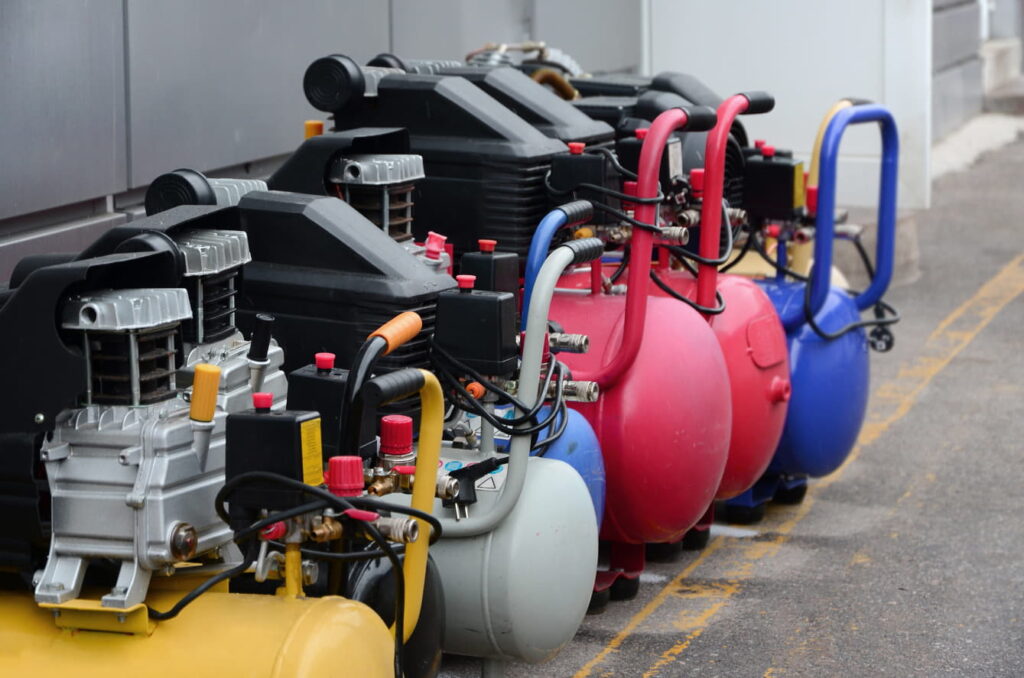Your air compressor is a workhorse in your industrial or home workshop, powering a variety of tools and equipment. However, like any machinery, compressors have a lifespan, and recognizing the signs of their decline is crucial for maintaining efficiency and preventing unexpected breakdowns. Here are five crucial indicators that it might be time to replace your compressor.
1. Decreased Performance
If you notice a significant drop in your air compressor’s performance, such as a reduced airflow or a slower pressurization process, it could be a sign of internal wear and tear. As compressors age, their components may become less efficient, impacting overall performance. Regularly monitor your compressor’s output and address any noticeable decline promptly.
2. Unusual Noises and Vibrations
Strange noises and vibrations are red flags that something may be amiss with your air compressor. Excessive rattling, grinding, or clanking sounds could indicate issues with the motor, bearings, or other internal components. Unusual vibrations may suggest imbalances or misalignments, potentially leading to more severe problems if not addressed promptly.
3. Frequent Repairs and Rising Maintenance Costs
If you find yourself constantly reaching for the toolbox to address issues with your air compressor, it might be more cost-effective to invest in a new unit. Rising maintenance costs can quickly add up, making an older compressor less financially viable than a newer, more efficient model. Consider the frequency of repairs and the overall expense when evaluating the need for a replacement.
4. Increased Energy Consumption
Aging air compressors often become less energy-efficient, resulting in increased power consumption. If you notice a spike in your energy bills without a corresponding increase in workload, it’s worth investigating whether your compressor is operating at peak efficiency. Upgrading to a more energy-efficient model can lead to long-term cost savings and environmental benefits.
5. Oil Contamination in Compressed Air
For compressors that rely on oil lubrication, the presence of oil in the compressed air is a serious concern. Oil contamination can damage tools and equipment connected to the compressor and compromise the quality of the compressed air. If you consistently observe oil in the compressed air, it may be a sign that the compressor’s seals or other components are failing, necessitating replacement.
Conclusion
In conclusion, paying attention to these crucial signs can help you determine when it’s time to replace your aging air compressor. From decreased performance and unusual noises to frequent repairs, rising maintenance costs, increased energy consumption, and oil contamination, these indicators collectively signal the need for an upgrade. Regular air compressor maintenance and proactive monitoring are essential for ensuring the longevity and reliability of your air compressor.

